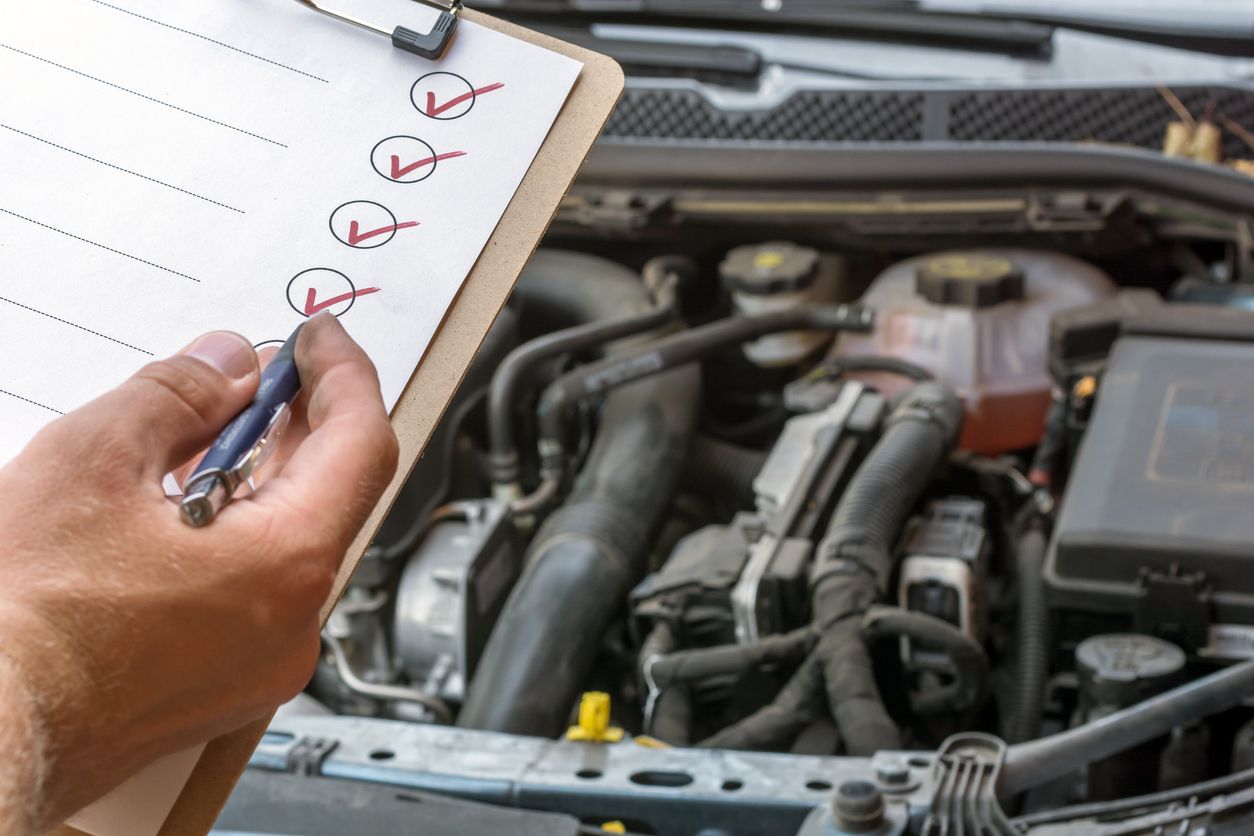All Categories
Featured

In today's cars, electric systems are integral to virtually every aspect of the driving experience. From powering lights and infomercial systems to managing advanced motorist support technologies, electrical issues can considerably influence automobile efficiency.
- Making Use Of OBD-II Scanners for Initial Medical Diagnosis. One of the very first devices professionals utilize when diagnosing electrical issues is the OBD-II (On-Board Diagnostics) scanner. This tool connects to an automobile's computer system via a common diagnostic port. It fetches and reads difficulty codes generated by the automobile's onboard computer system, which monitors multiple electrical elements like the generator, sensing units, and electrical wiring.
These diagnostic trouble codes (DTCs) offer a clear sign of where the electrical trouble may be. As an example, a code showing a defective sensing unit can help specialists focus on details parts, such as the oxygen sensing unit or wheel speed sensors, without needing to check the whole car. This tool accelerate the diagnosis and aids professionals identify the concern better.
- Visual Examinations for Obvious Issues. After scanning for codes, a professional will certainly perform a visual assessment of the automobile's electrical elements. This step involves inspecting the battery, electrical wiring, integrates, and ports. Service technicians seek loosened connections, frayed wires, and any kind of indicators of rust, as these prevail culprits of electrical breakdowns. An easy aesthetic assessment can often reveal problems like a disconnected battery incurable or a damaged ground cord.
Relays and fuses are also inspected due to the fact that a blown fuse can protect against a system from working effectively. If a fuse is found to be blown, it's commonly an indicator of an underlying electric concern that needs more investigation.
- Battery and Charging System Examinations. The battery and charging system are main to the automobile's electrical performance, and failings in these areas can lead to a range of troubles. Technicians utilize a multimeter to gauge the battery's voltage.
If the battery or alternator is malfunctioning, it can cause electrical failings in various other systems. For example, a falling short generator could not supply adequate power to the engine control modules, resulting in erratic habits or stalling. Service technicians will fix the generator or change or battery as required.
- Circuit Testing for Power Flow Problems. Electrical problems in vehicles typically stem from issues within the circuits that power different parts. Circuit testing assists professionals recognize whether electrical signals are being sent appropriately with circuitry and ports. Specialized tools like an examination light or voltmeter are made use of to inspect for power flow with various circuits. These examinations help technicians recognize where a circuit could be shorted, open, or broken.
For instance, if the fronts lights are malfunctioning, specialists can evaluate the circuit supplying power to the fronts lights and trace the issue back to a defective wire, a bad connection, or a malfunctioning switch. This approach allows for even more precise medical diagnosis and fixing.
- Looking for Software Program or Control Module Issues. Modern cars rely greatly on software and control modules to take care of various electric systems, including engine monitoring, security attributes, and infotainment systems. If there's an issue with a details system, it can be connected to software or firmware pests. Automobile service center commonly have the capability to inspect for and resolve software-related problems.

Utilizing manufacturer-specific analysis devices, professionals can look for software program updates, carry out resets, or reprogram control components to fix the problem. If a car's flexible cruise control system isn't working, it may be due to a software problem that needs an update instead than a hardware failure.
- Advanced Screening for Crossbreed and Electric Vehicles. For crossbreed and electrical vehicles, electrical diagnostics need customized devices due to the intricacy of their high-voltage systems. These lorries are outfitted with effective battery systems and electric drive motors, and fixing these components requires top-level competence.
In addition, hybrid and electrical cars commonly have unique concerns connected to energy regeneration systems, billing parts, or the interaction in between the electrical motor and interior combustion engine. Specialists learnt crossbreed and electric car systems make use of advanced diagnostic devices to attend to these concerns.
Verdict. Identifying electrical problems in modern-day lorries is a multi-step procedure that requires a combination of high-tech diagnostic tools, hands-on examinations, and specialized expertise. By utilizing OBD-II scanners, carrying out aesthetic inspections, testing batteries, and running sophisticated diagnostics, technicians ensure that electric concerns are determined and dealt with, permitting your car to run smoothly and safely.
Latest Posts
Wonderful Treats & Smooth Feelings at Shake Street
Published Apr 19, 25
2 min read
Trusted Auto Care for All Cars & Trucks: Your Premier Auto Service in Montclare
Published Apr 19, 25
2 min read
Preventative Maintenance at Montclare Auto Repair: Protect Your Vehicle Operating Like New
Published Apr 19, 25
2 min read
More
Latest Posts
Wonderful Treats & Smooth Feelings at Shake Street
Published Apr 19, 25
2 min read
Trusted Auto Care for All Cars & Trucks: Your Premier Auto Service in Montclare
Published Apr 19, 25
2 min read
Preventative Maintenance at Montclare Auto Repair: Protect Your Vehicle Operating Like New
Published Apr 19, 25
2 min read